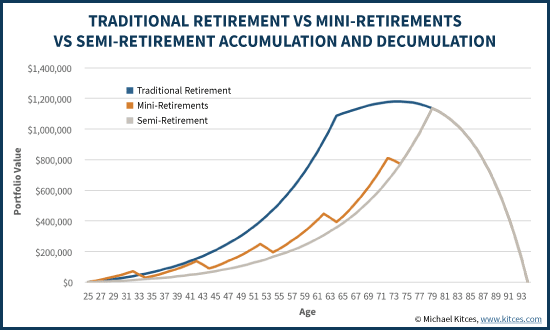A. Effective February 3, 2017, MetLife will sunset the following products:
Promise Whole Life
Promise Whole Life 120
Promise Whole Life Select 10
Promise Whole Life Select 20
Promise Whole Life Select 65
Guaranteed Level Term (face amounts less than $1M only)
Secure Flex Universal Life
Provider Universal Life
Legacy Advantage Survivorship Universal Life
Equity Advantage Variable Universal Life
For more details, please find attached PDF file.


 RSS Feed
RSS Feed
